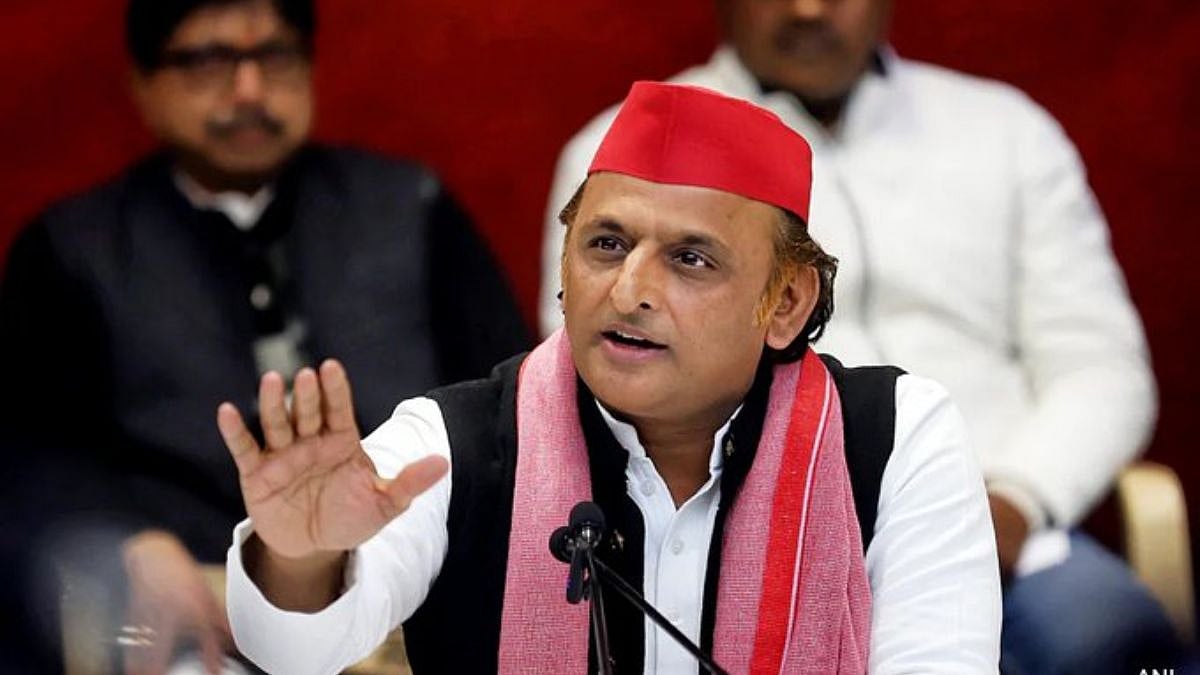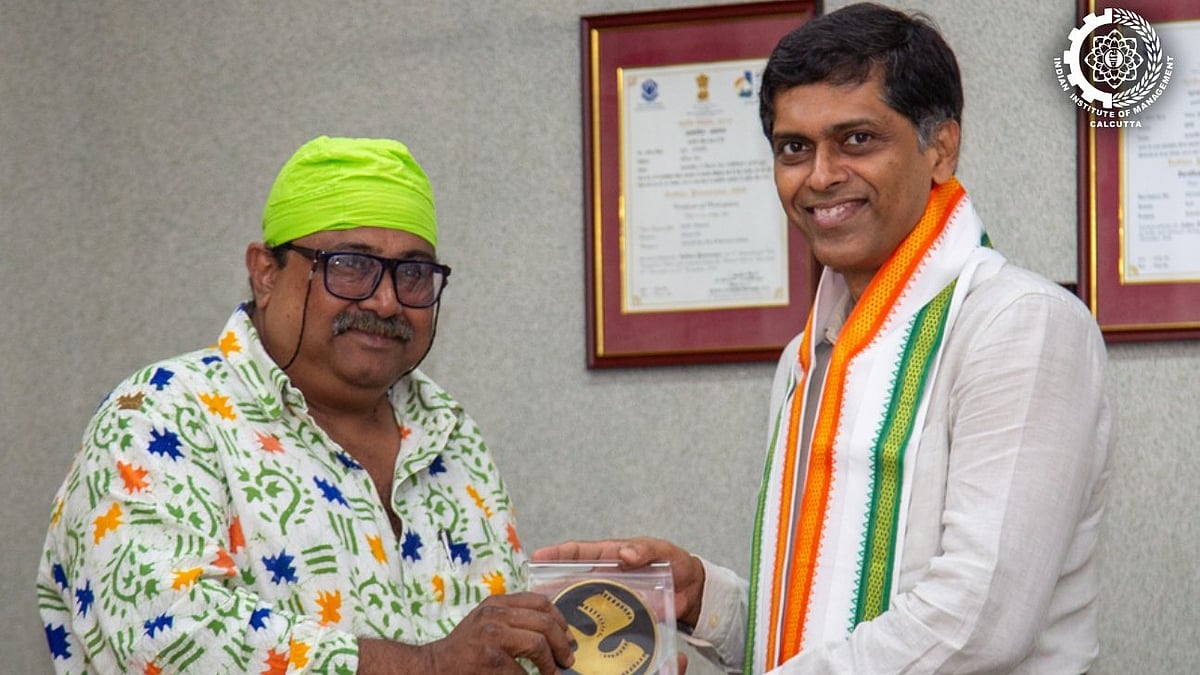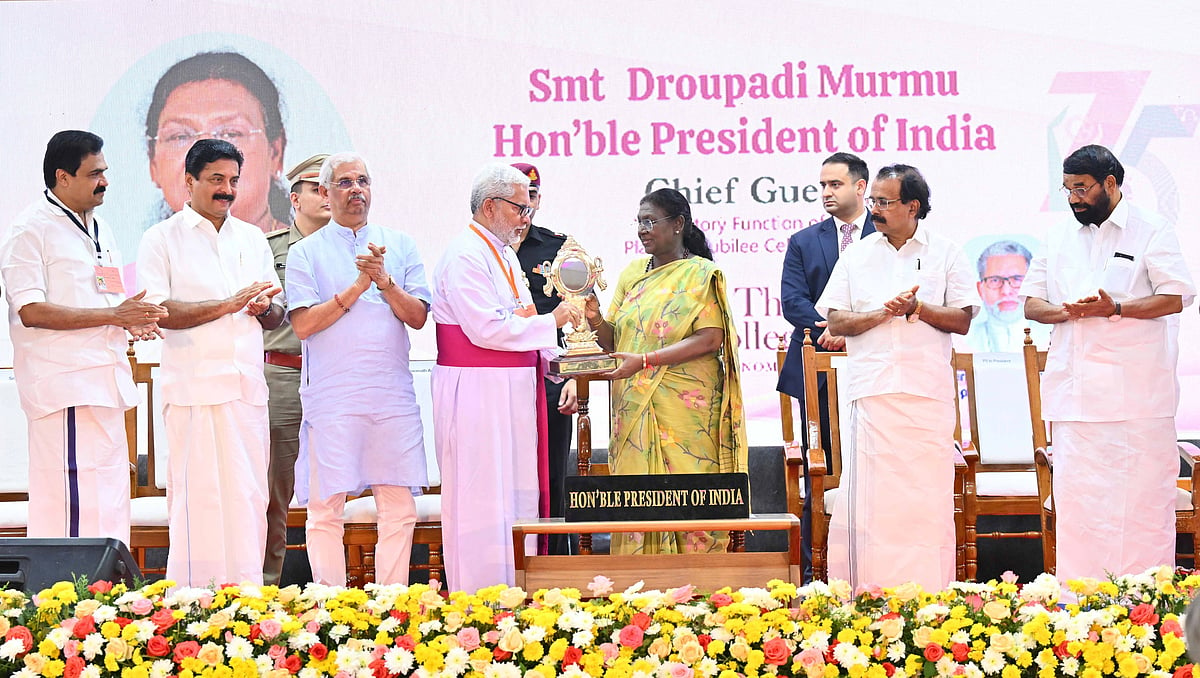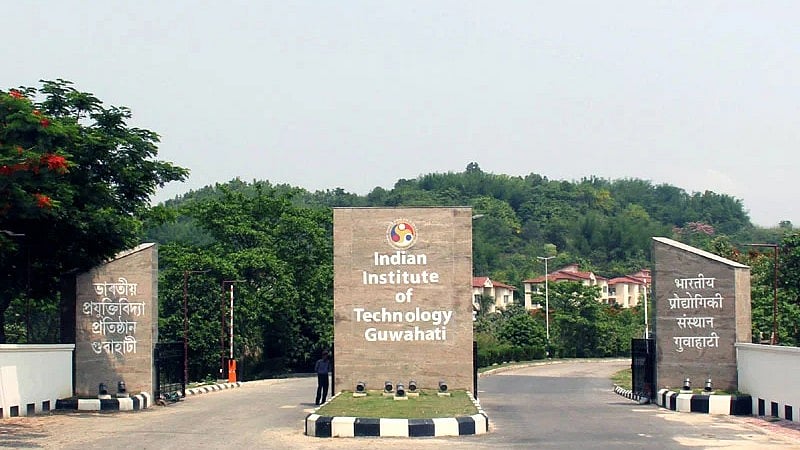New Delhi: According to a report released by the Centre for Budget and Governance Accountability (CBGA) and the non-profit Save the Children foundation, India spent only 0.1 percent of its GDP on early childhood education in 2020-21. Early childhood education is the education of children aged three to six years.
The report on Cost of Universalising Early Childhood Education (ECE) in India, stated that India has the highest number of children aged 3 to 6 years, more than 9.9 crore, but it lags far behind rich countries that spend more than 0.7 percent of GDP on ECE.
What the report suggests?
Based on the report, India will spend only Rs 8,297 per child on ECE services in 2020-21. It is estimated that India will need to spend at least Rs 32,500 per child per year in anganwadi and Rs 46,000 per child per year in pre-primary to achieve ECE universalization by 2030. It also stated that this can only be accomplished if India allocates 1.5 to 2.2 percent of GDP to ECE universalization.
The National Education Policy (NEP) 2020 states that universal access to high-quality early childhood development, care, and education must be achieved by 2030.
The report does, however, note that while an earlier draft of the NEP suggested spending 1.4 percent of total government expenditure on ECE universalization, the final report is silent on funding.
In the report, the country's allocation to ECE, which includes both state and central government allocations, is only about 0.39 percent of the total budgetary allocation in 2020-21. It also mentions that prior to the Covid-19 pandemic, the percentage of total budgetary allocation was 0.44 percent in 2018-19 and 2019-20.
Highest and lowest spenders on early childhood education
Andhra Pradesh, Himachal Pradesh, and Sikkim had the highest allocation for ECE services per child showed the findings. Andhra Pradesh spent Rs 34,758 per child in 2020-21, followed by Himachal Pradesh at Rs 26,396 and Sikkim at Rs 24,026. Meanwhile, in 2020-21, Meghalaya, West Bengal, and Uttar Pradesh spent the least on ECE services per child. Meghalaya spent only Rs 3,792 per child, while West Bengal spent Rs 5,346 and Uttar Pradesh spent Rs 6,428.
The operational costs per child should be increased between Rs 32,5000 and Rs 50,000 per child, depending on the type of institution, in order to ensure universal access to early childhood education by 2030 shows the report. Based on a sample of 14 different ECE institutions, the study estimated that the operating costs per child in standalone anganwadi centres should be between Rs 32,529 and Rs 45,759 and between Rs 46,294 and Rs 49,159 in pre-primary sections of government schools.
Based on the report, independent pre-schools and day-care centres will need to spend between Rs 36,524 and Rs 56,328 per child for the same purpose.










